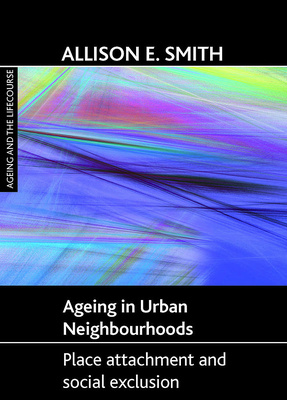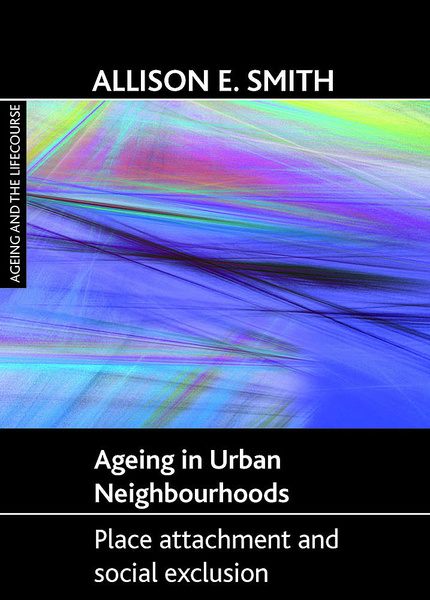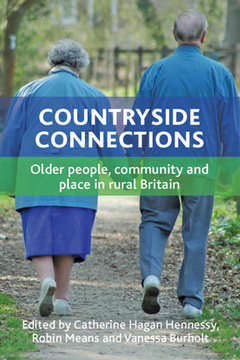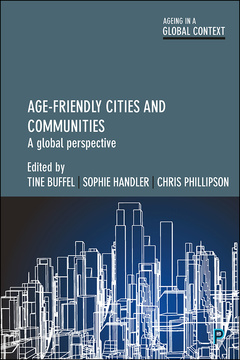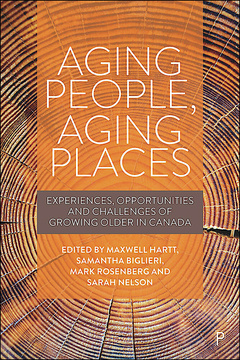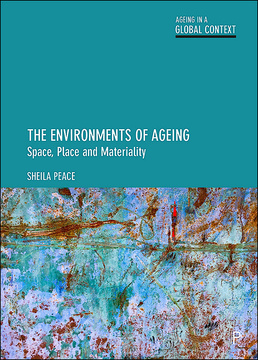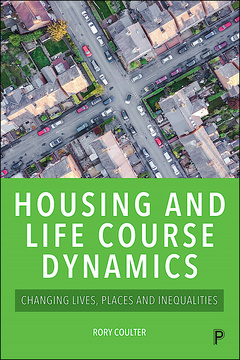ISBN
978-1847422705Dimensions
240 x 172 mmImprint
Policy PressISBN
978-1847422712Dimensions
240 x 172 mmImprint
Policy PressMany western nations have experienced a rise in the number of marginalised and deprived inner-city neighbourhoods. Despite a plethora of research focused on these areas, there remain few studies that have sought to capture the 'optimality' of ageing in place in such places. In particular, little is known about why some older people desire to age in place despite multiple risks in their neighbourhood and why others reject ageing in place. Given the growth in both the ageing of the population and policy
interest in the cohesion and sustainability of neighbourhoods there is an urgent need to better understand the experience of ageing in marginalised locations.
This book aims to address the shortfall in knowledge regarding older people's attachment to deprived neighbourhoods and in so doing progress what critics have referred to as the languishing state of environmental
gerontology. The author examines new cross-national research with older people in deprived urban neighbourhoods and suggests a rethinking and refocusing of the older person's relationship with place. Impact on policy
and future research are also discussed.
This book will be relevant to academics, students, architects, city planners and policy makers with an interest in environmental gerontology, social exclusion, urban sustainability and design of the built environment.
"....this is an excellent example of how well-crafted empirical research can make a forceful contribution to debates on environment and ageing". Andrew Clark in Ageing & Society
"Some older people put themselves at risk through their attachment to what is seen as a deprived urban environment, while other older people may achieve a sense of security through their invisibility within such locations. Allison Smith takes on board this tension and engages in a pivotal debate on social exclusion and inclusion, exploring the experience of environmental pressure at a macro level and contributing to our theoretical and everyday understanding of ageing in place." Sheila Peace PhD, The Open University
Allison Smith is a policy advisor for the Social Exclusion Task Force in the Cabinet Office, London. Allison has previously worked as a policy advisor for the Prime Minister's Strategy Unit and as a researcher on the Economic and Social Research Council's Growing Older Programme examining the quality of life and social exclusion of older people living in three English cities.
Contents: Part one: Revisiting the person-environment fit: Environmental gerontology; Urban ageing; Ageing in deprived urban areas; Part two: Rethinking the person-environment fit: Skid Row? Optimality of 'ageing in place'; Case studies: ageing in deprived neighbourhoods; Re-conceptualising the person-environmental relationship; Refocusing the person-environment fit; The way forward: building sustainability; Influences and future challenges; Conclusion.







